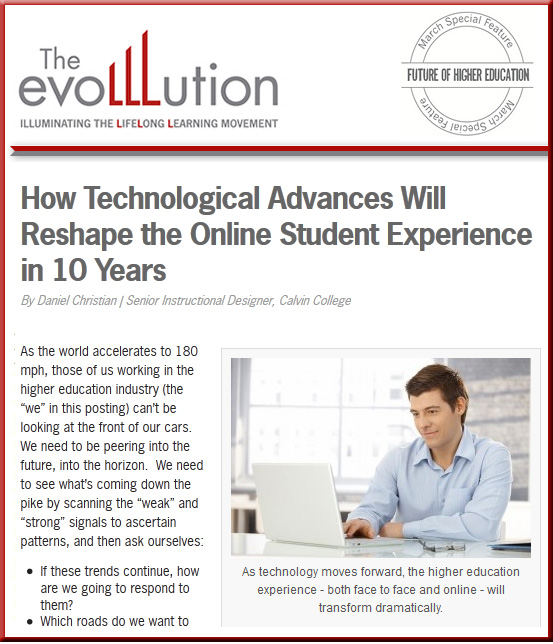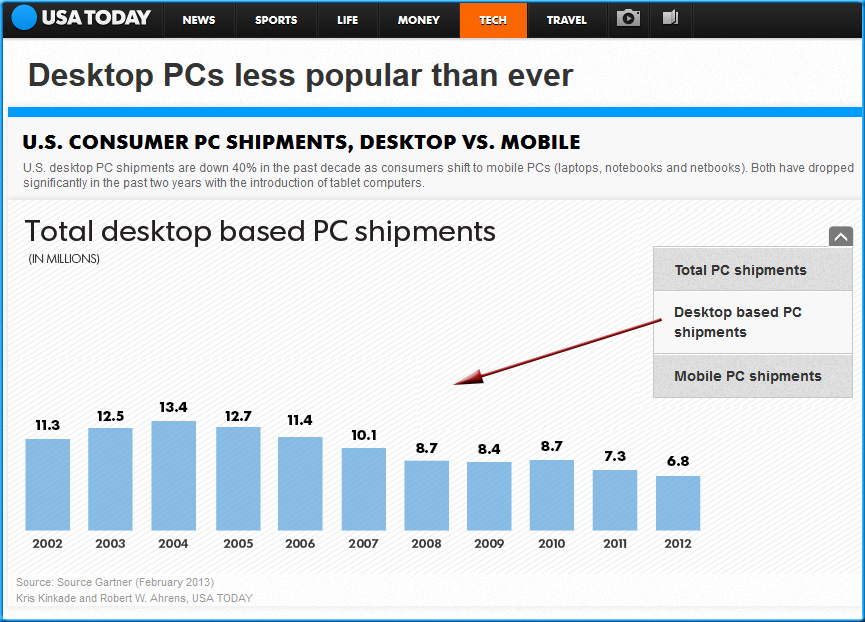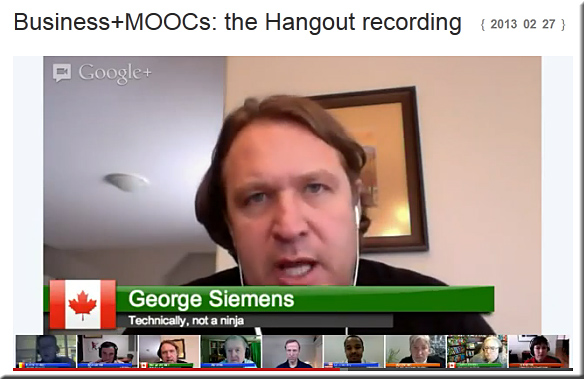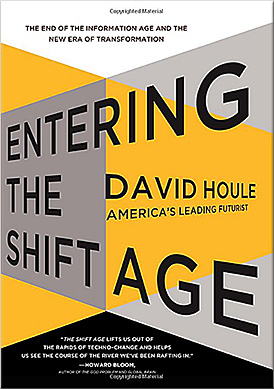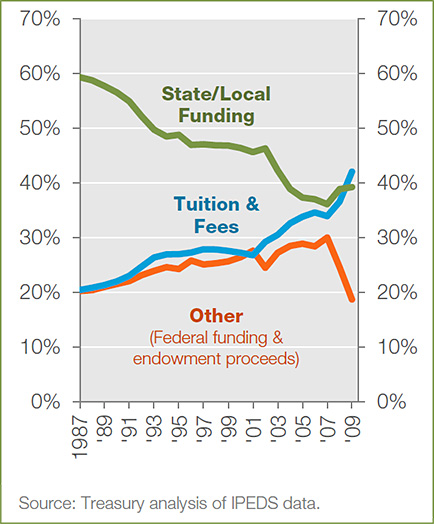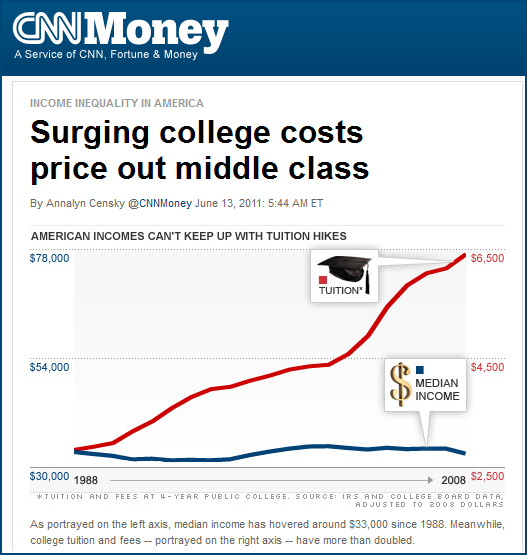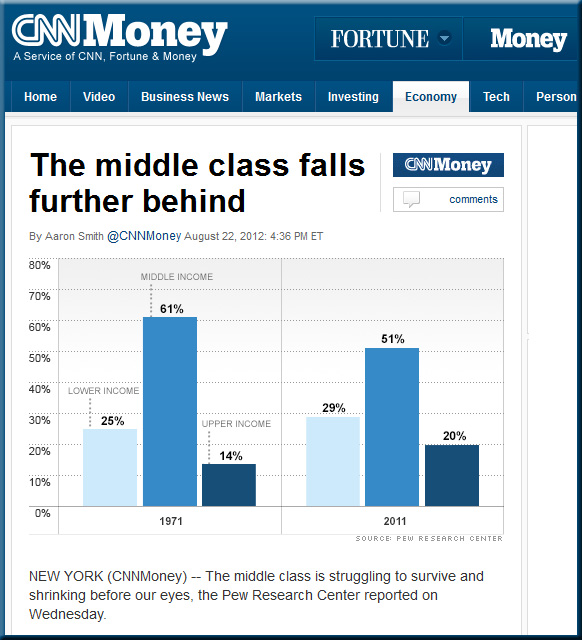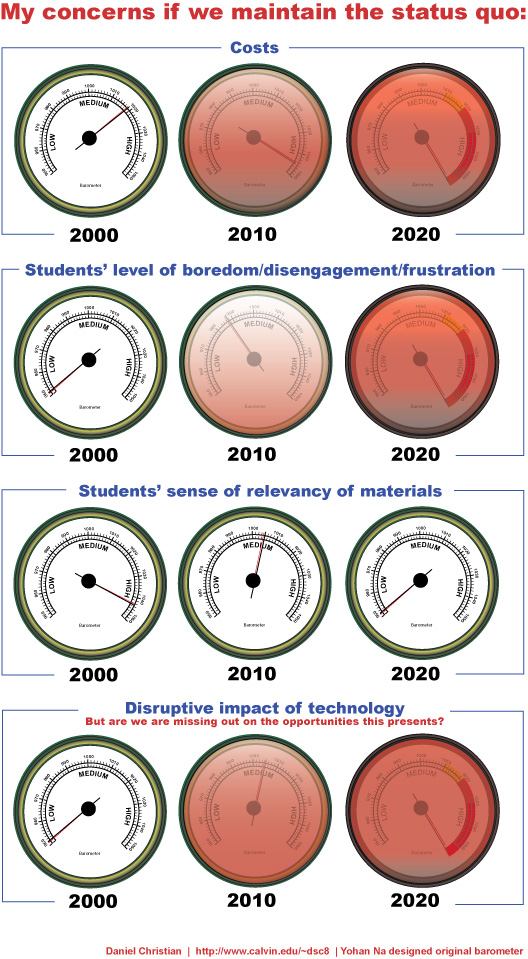From DSC:
First, what prompted the questions and reflections that are listed below? For that, I turn to some recent items that I ran across involving the use of robotics and whether that may or may not be affecting employment:
The work of Erik Brynjolfsson and Andrew McAfee; for example their book Race Against the Machine
Excerpt of description:
But digital innovation has also changed how the economic pie is distributed, and here the news is not good for the median worker. As technology races ahead, it can leave many people behind. Workers whose skills have been mastered by computers have less to offer the job market, and see their wages and prospects shrink. Entrepreneurial business models, new organizational structures and different institutions are needed to ensure that the average worker is not left behind by cutting-edge machines.
How to freak out responsibly about the rise of the robots — from theatlantic.com by Derek Thompson
It’s fun to imagine an economy where machines are smarter than humans. But we don’t need an artificial crisis over artificial intelligence.
Excerpt:
Let’s say it upfront: Technology can replace jobs and (at least temporarily) increase income inequality. From the spinning jenny to those massive mechanical arms flying wildly around car assembly lines, technology raises productivity by helping workers accomplish more in less time (i.e.: put a power drill in a human hand) and by replacing workers altogether (i.e.: build a power-drilling bot).
…
What ails us today isn’t a surplus of robots, but a deficit of demand. Yes, we have a manufacturing industry undergoing a sensational, but job-killing, productivity revolution — very much like the one that took farm employment from 40 percent in 1900 to less than 5 percent today. But the other nine-tenths of the economy are basically going through an old-fashioned weak-but-steady recovery, the kind that hundreds of years of financial crises would predict.
America has hit “peak jobs” — from techcrunch.com by Jon Evans
Excerpt:
“The middle class is being hollowed out,” says James Altucher. “Economists are shifting their attention toward a […] crisis in the United States: the significant increase in income inequality,” reports the New York Times.
Think all those job losses over the last five years were just caused by the recession? No: “Most of the jobs will never return, and millions more are likely to vanish as well, say experts who study the labor market,” according to an AP report on how technology is killing middle-class jobs.
Technology and the employment challenge — from project-syndicate.org by Michael Spence
Excerpt:
MILAN – New technologies of various kinds, together with globalization, are powerfully affecting the range of employment options for individuals in advanced and developing countries alike – and at various levels of education. Technological innovations are not only reducing the number of routine jobs, but also causing changes in global supply chains and networks that result in the relocation of routine jobs – and, increasingly, non-routine jobs at multiple skill levels – in the tradable sector of many economies.
Man vs. robot — from macleans.ca by Peter Nowak
.
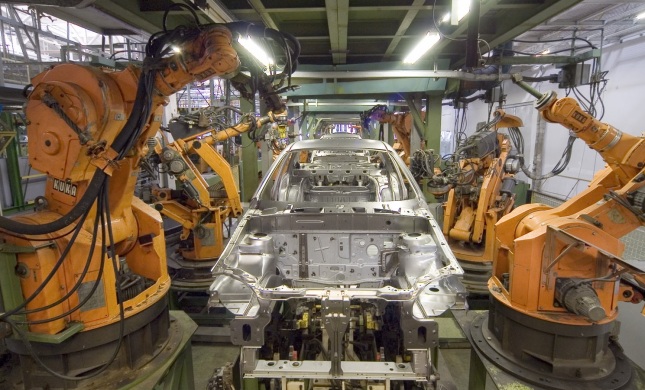
.
Secondly, some reflections (from DSC)
I wonder…
- What types of jobs are opening up now? (example here)
- What types of jobs will be opening up soon? How about in 3-5 years from now?
- Should these trends affect the way we educate and prepare our kids today?
- Should these trends affect the way we help employees grow/reinvent themselves?
Again, for me, the answer lies at least partly in helping people consistently obtain the knowledge that they need — i.e. to help them build, grow, and maintain their own learning ecosystems — throughout their lifetimes. We need to help people dip their feet into the appropriate streams of content that are constantly flowing by.
Perhaps that’s one of the key new purposes that K-12, higher ed, and the corporate training departments out there will play in the future as they sift through the massive amounts of information coming at us to help individuals identify:
.
- What are the most effective tools — and methods — that people can use to connect with others?
(Then allow folks to pick what works best for them. Current examples: blogging/RSS feeds, Twitter, social bookmarking.)
.
- Who are some of the folks within each particular discipline/line of work that others (who want to learn about those disciplines) should know about?
.
- What trends are coming down the pike and how should we be preparing ourselves — and/or our organizations — for those changes?
.











